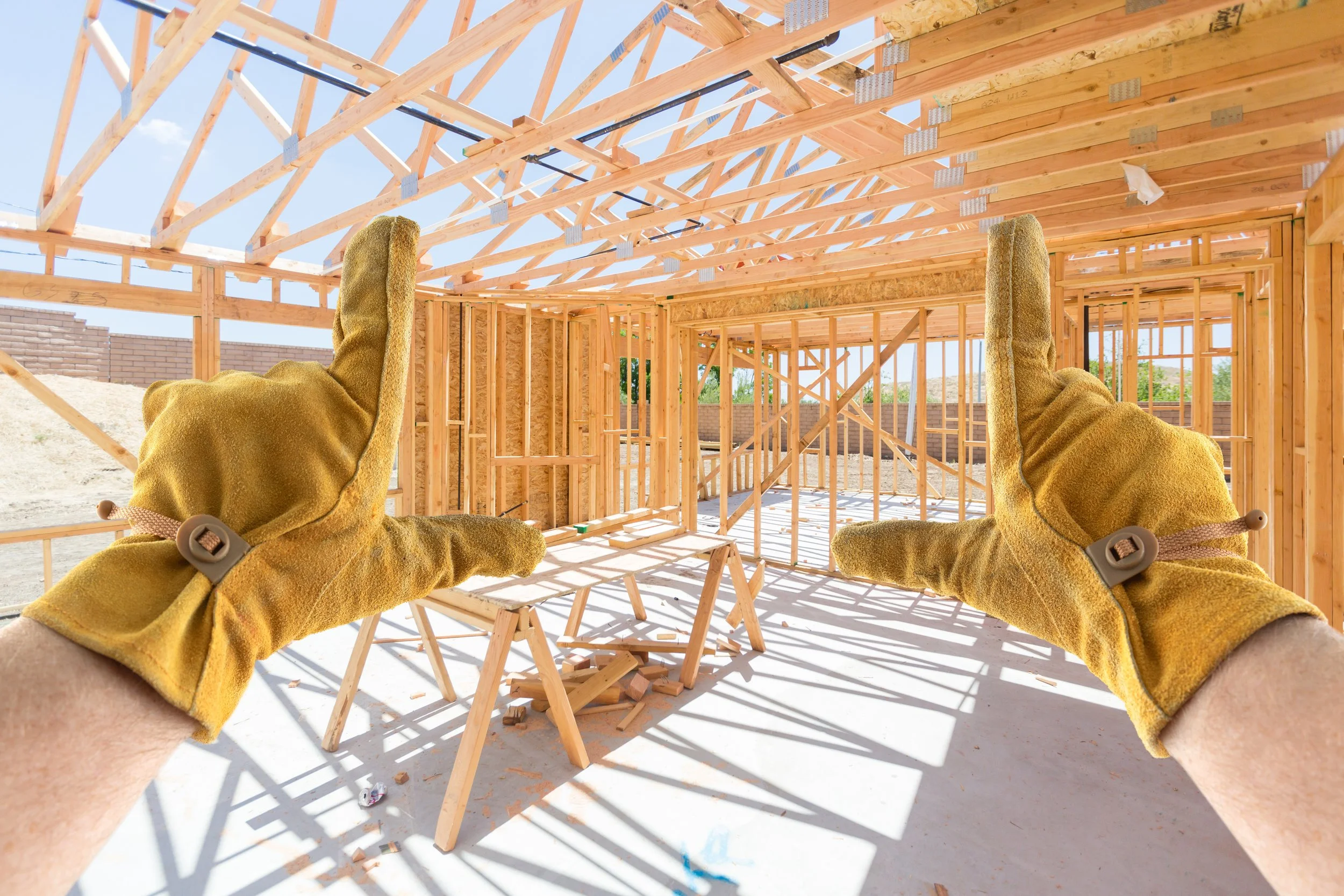Building a House? 5 Things You Need to Include in Your Blueprints
Building a home is exciting. Starting with nothing and ending up with a place you can call home is one of the most satisfying parts of homeownership, but it takes a deeper understanding of modeling, construction, and engineering to understand the complexities of house plans and blueprints. You won’t be alone in this – you’ll have drafters with complete postsecondary education on your side all the way through.
These blueprints highlight important specific aspects of a house's composition, such as materials, dimensions, maps detailing floor plans, roofing, and electrical, among other things.
It goes without saying that these plans are not something to take lightly. Some aspiring homeowners choose not to spend the average of $50 to almost $150 an hour in costs to obtain a professional draftperson's services. Making that choice can result in costly problems and delays popping up in the future. Worse still, contractors set to work without blueprints aren't always considered liable.
When you do decide to have house plans drafted, there will be a few things in particular to pay attention to.
What Type of Lifestyle Do You Want?
Your home is a reflection of you, and of your life. It's a place where doing the things that make you happy should be effortless, and your blueprints should reflect that. What do you like to cook, and how much of it? How do you like to entertain? Dinner parties or something more casual? The answers to these questions will influence the floor plan, the size of the kitchen, your appliances, and a whole host of other things.
Think About Space
Be honest and realistic with yourself when you're figuring out how big your house should be. Spending more than you need with regards to square footage could cause you to overdo it on your budget. Ask yourself who will be living there and what they'll need from the space. The more unused space there is in your house, the more you'll have to keep clean.
On the other hand, you'll also want to make sure things don't get too crowded. The number of people in a living situation can grow unexpectedly. Keeping that in mind while you're planning can't hurt.
Your Needs May Change
Your needs from your house can change based on things like relationships and employment. If you know you'll be retiring soon, you might consider a single-level plan, something you can feel safe living in.
If you expect to spend 25 years or even more in one house, you'll probably eventually need to think about upgrading your HVAC system. HVAC experts can determine whether your unit is leaking air or improperly insulated, and ensure repairs and the lifespan of your system.
How Much Can You Spend?
Once you've settled on what you want, there's only one thing left to do: pay for it. You don't want to overpay or underpay. It's no secret that spending more than you have or can get is a bad idea, but underpaying can leave you with subpar materials and contractors. You can save yourself some trouble by coming up with a strong, sound financial plan prior to any spending.
The Most Important Rule in Real Estate
As they say in real estate – location, location, location. No matter how perfect your house comes out, the glow of your success will be dampened if the surrounding area isn't to your liking. Some venues are more remote, others are closer to the stores and utilities people visit everyday. You might also consider how comfortable you feel about other aspects of your environment, such as the state or province your house will be in and what laws and regulations will apply to you and your home.
There are a lot of angles to consider as you proceed to build your house. Before you zero in on the minor details you can change anytime, make a plan to figure out how your house will impact every important part of your life.


